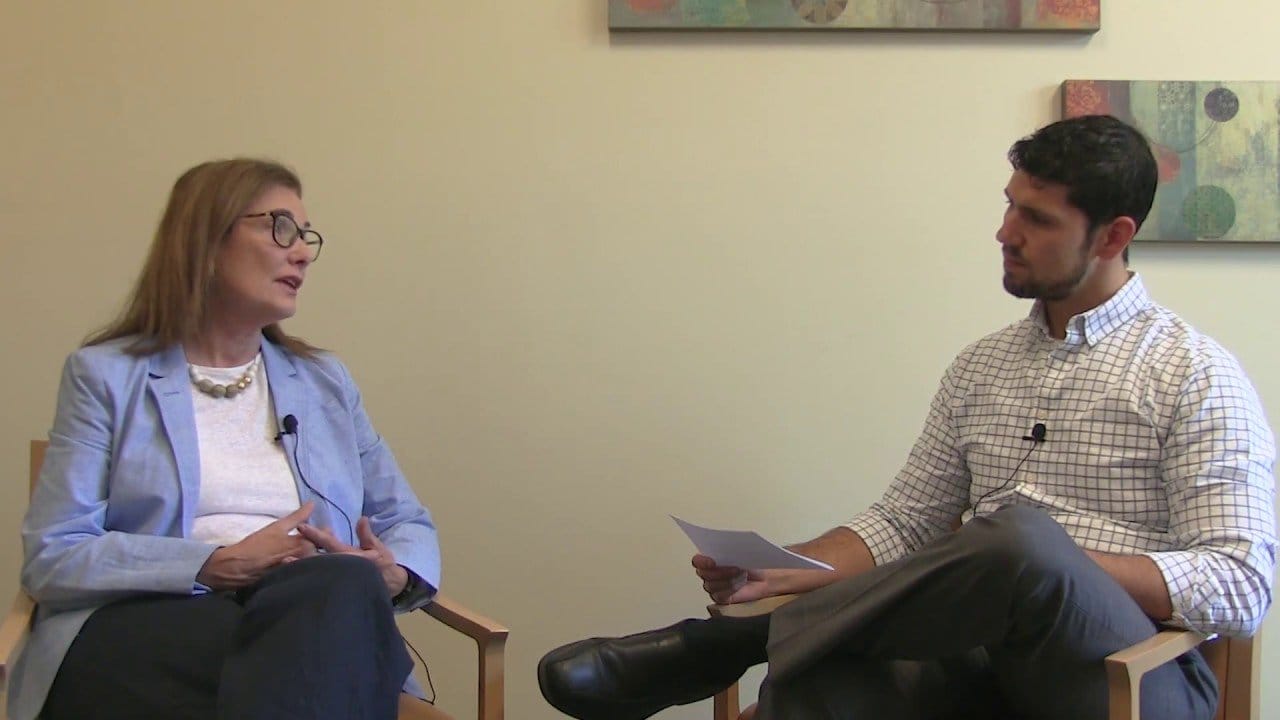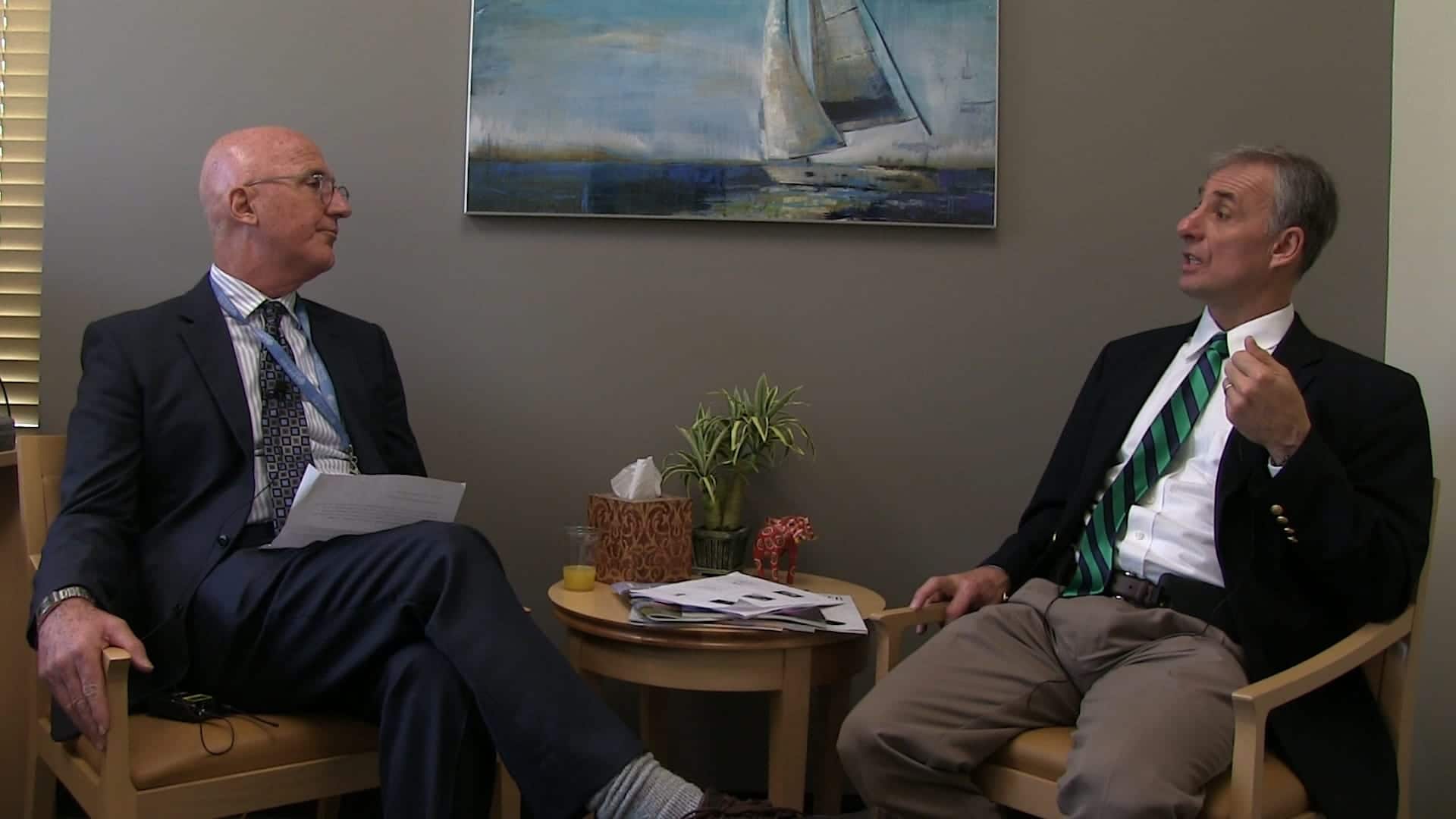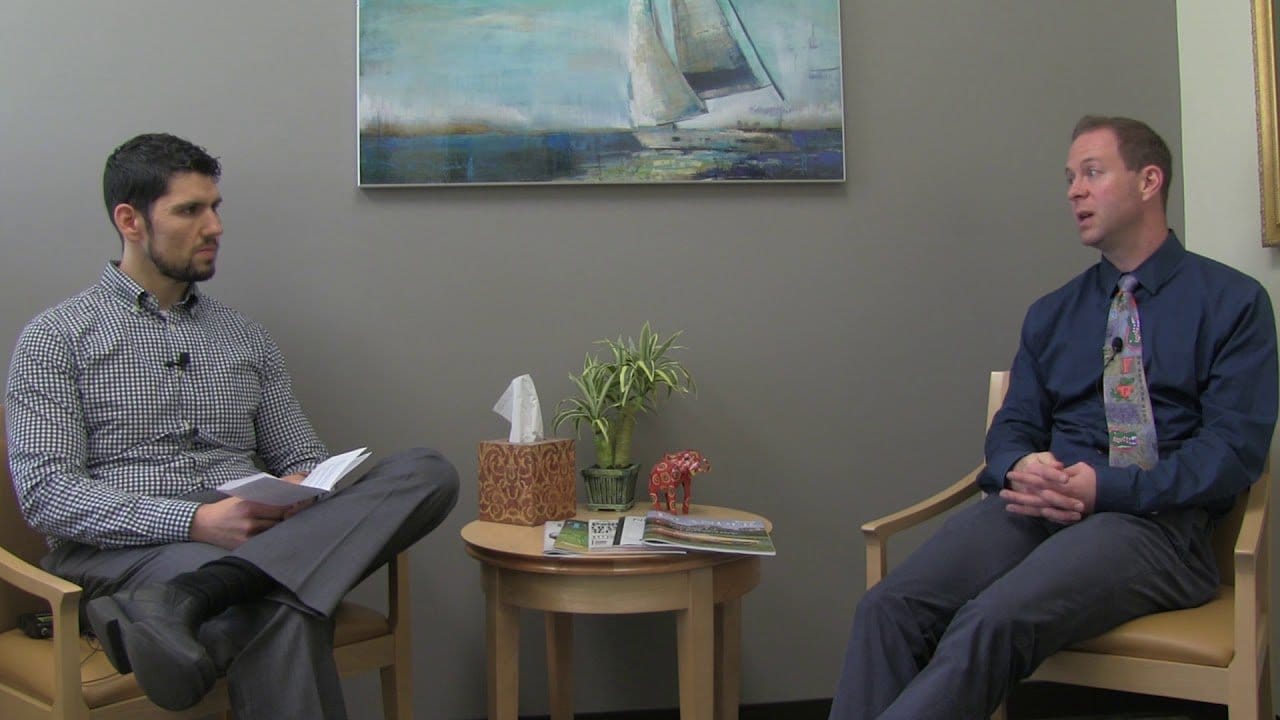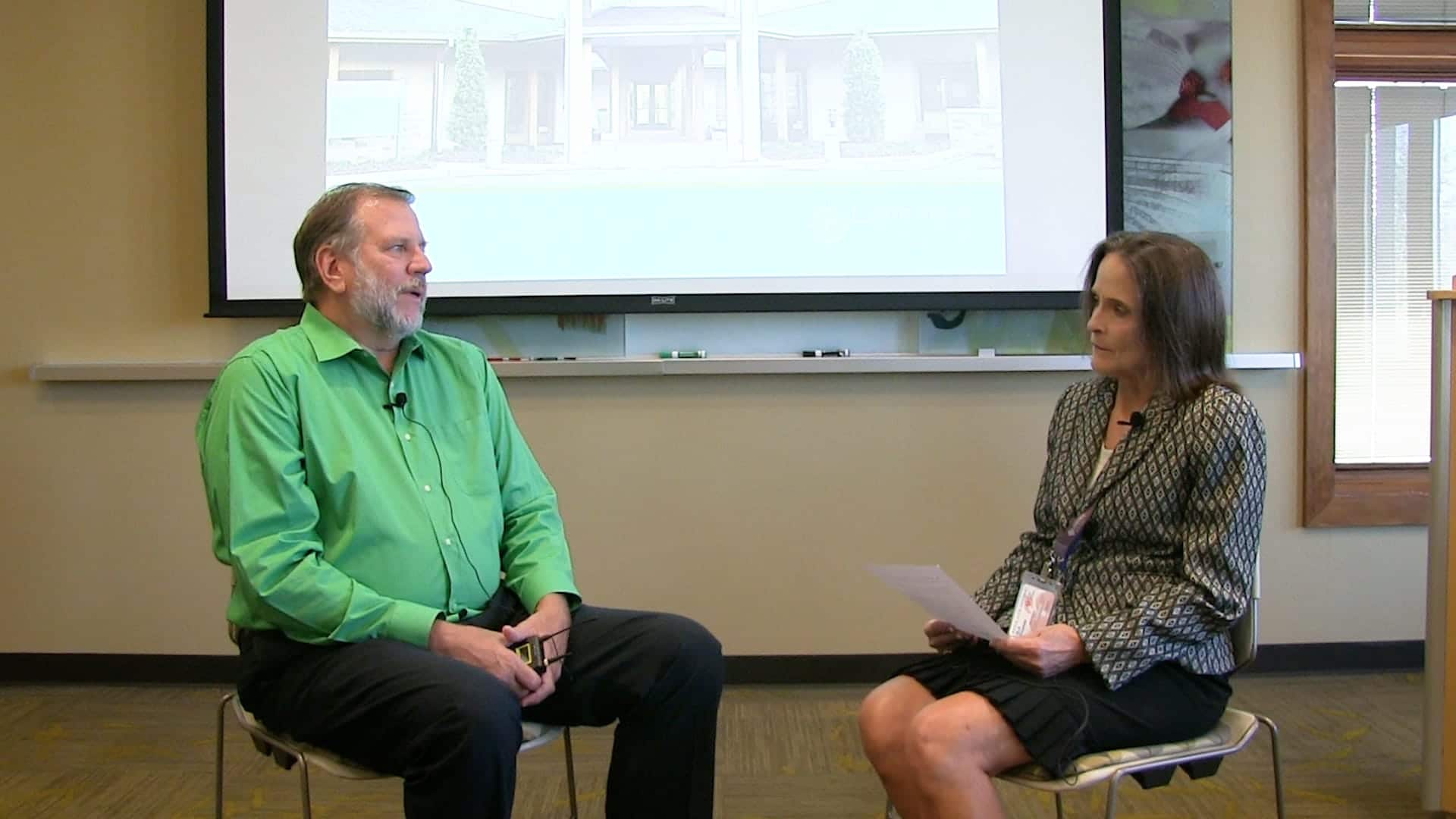In this podcast, interventionist Tondra Frisby discussed how her background in recovery has helped her work with young adults and adolescents who need treatment. Families that learn about addiction as a disease, who can get past addictive behaviors, are better equipped to work with someone struggling with substance abuse.
Interview
Gina Thorne: Hello everyone, this is Gina Thorne with Lakeview Health and I’m joined today with Tondra Frisby, founder and interventionist of S.T.E.P. Intervention Services in Sandusky, Ohio. It’s nice to have you here.
Tondra Frisby: It’s great to be here. Thank you, Gina.
Gina: We’re here today to talk with you a little bit about your strategies around intervention and a little bit more about S.T.E.P. Intervention Services. So, let’s talk first about who you are and what you do and how you got into S.T.E.P. Intervention Services.
Tondra: OK, well I am from Sandusky, Ohio. I started S.T.E.P. Intervention Services in 2007. It came from, I guess I was about 10 years sober then, and I kept noticing individuals in my community in this hamster wheel in the legal system, I guess you could say. You know, they would get these legal issues as a direct result of their addiction or alcoholism, go to jail, come home, do the same thing, and I’m sitting there thinking ‘there’s a way out of that.’ And my initial thought was to own and operate a residential facility, and then all of a sudden I got a hold of this TV show. And it wasn’t the crux of what was happening on the show, it was the end part where the interventionist came in. And I said to my husband ‘that’s what I want to do.’ And so I did all the proper training and I came up with S.T.E.P. Intervention Services and I’m a one-woman team and I just love what I do and I just found a way to turn my passion into my career.
Gina: And so what was it that prompted you? You said that you watched what was happening in the legal systems and why people were cycling in and out of the legal system.
Tondra: They were just not getting help for their disease. And being a person in recovery, and having had legal issues, and being offered treatment in lieu of conviction, I knew that there was some option for these people that they were either dying or they were just back and forth in prison or just hopeless. And I knew that there was a way out if there was a service that could be provided for them.
Gina: And so, what is your model of intervention? What are you trained in?
Tondra: I’m trained in the family meeting approach. I got trained at the Illinois Institute for Addiction Recovery. I also use a little bit of ARISE and you know, a bit of, I’m actually taking a training with Brad Lamm coming in July that’s a different approach. So, it’s really just, depending on the dynamics of the family that I’m dealing with, and a little tweaking here and there. But I think invitational is always good, keeping everything right on top and that makes it a smooth transition. Gina: Sure. It makes the patient, the individual less defensive when they’re coming into treatment.
Tondra: Exactly, exactly.
Gina: So you have indicated on your website that you work very closely with adult, young adult and single female/women populations. Can you talk a little bit about why you’ve selected that group to work with?
Tondra: I think I’m drawn–and I’m going to add adolescents on there too because adolescents, that’s actually where I was when I crossed the line into my addiction. And so, young adult, of course that was my prime time when I was in the height of my addiction. Female–I understand what it’s like when you have to make a choice between getting some dope or going to a school event, or paying some bills or being a single female, being a mother, I know what it’s like having to make those decisions and then knowing what it’s like to feel when the drugs won, you know. When that choice was made and it wasn’t your kids. So I’m very, I have a lot of empathy for that population. And then, you know, I run an afterschool program so when I’m not doing interventions, kindergarten through eighth grade, I’m with those kids three days a week. And so I’ve always got my finger on the pulse of what they’re talking about, what’s happening in their world. It makes it beneficial for me when I’m doing an intervention with an adolescent because I’m speaking their language and I know what they’re going through because I was them. And now here I am, you know, that’s just the population that I’m drawn to.
Gina: Yeah, the relationship piece is very important.
Tondra: Yep, it is. You can’t, you can’t change, see I’ll say it like you can’t change a culture just by condemning it. So these kids, these young adults who are failure to launch adults, it’s really adolescents, so you know, they really need someone that can really relate to them and just, you know, be on their level. And I just let them know ‘it’s OK. You don’t have to defend that. You’re acting just the way you’re supposed to act because you don’t have tools.’
Gina: You’re talking about acceptance. You’re talking about accepting them and them accepting themselves. That’s powerful stuff.
Tondra: Yep. Exactly.
Gina: So, what would you say to the family member that’s at home today, listening, and needs to get an intervention? What would you recommend that they do? Or maybe they’re not sure that their family member has a problem. What’s the first thing that they should be thinking about doing?
Tondra: Well, I think that just understanding that addiction and alcoholism are diseases and you have to look past this behavior. It’s not your loved one–they have a disease. So they need to find out what part are they playing. Education is everything. Reach out to Al-Anon. Reach out to–you know, there’s all kinds of stuff. We’ve got social media now, so there’s all kind of–so, In the Rooms, Facebook, anything to find out what is really going on. And most of the times, if it’s a family member that’s wondering if there’s something wrong, there’s something wrong. There’s something wrong. And I can tell you, it’s never going to get better without treatment. It’s never going to get better. It’s only going to get worse. And you’ll have those times and those periods where it’s ‘oh, they’re not as bad, they’ve cut back.’ Yeah, they can probably quit but they can’t stay quit without treatment. Treatment works. Recovery happens. And families get better.
Gina: I heard you mention that earlier. It’s a real powerful statement.
Tondra: Yep.
Gina: Well, you’ve spent a little bit of time with us today at Lakeview. What’s your impression?
Tondra: I am so pleased with this whole–from the beginning to the end. From the pickup at the airport all the way to this piece right here. I appreciate treatment centers that give, that treat the whole body. I appreciate, even from the CEO speaking about how he treats the employees, which in turn makes them treat the patients. And then, all the different programs that you do have, you know. I’m just overly pleased with this place and I don’t know why I haven’t been here. Well I know why I haven’t been here before–it’s the timing. This time I was supposed to be here.
Gina: That’s right. And we’re absolutely thrilled that you’ve been able to take the time to join us today.
Tondra: Thank you.
Gina: If someone wanted to get in touch with S.T.E.P. Intervention Services, how would they get in touch with you?
Tondra: Well, the first thing you would do is call (419) 202-0020. Again that’s (419) 202-0020. I am never asleep if there’s a crisis. There’s also Facebook. You can find me on Facebook. You can find me on Linked In. I am the membership chair of the Association of Intervention Specialists. You can go to that website and my cute little picture will be right there. You’ll find me.
Gina: Well that’s wonderful. We’re grateful that you took the time to visit with us today and for those of you that are interested in learning more about Lakeview Health, we encourage you to visit us at www.LakeviewHealth.com . If you know someone that’s struggling with an addiction and needs to seek help right away, feel free to call us at 866.552.6557. Thank you.
Tondra: Thank you.




